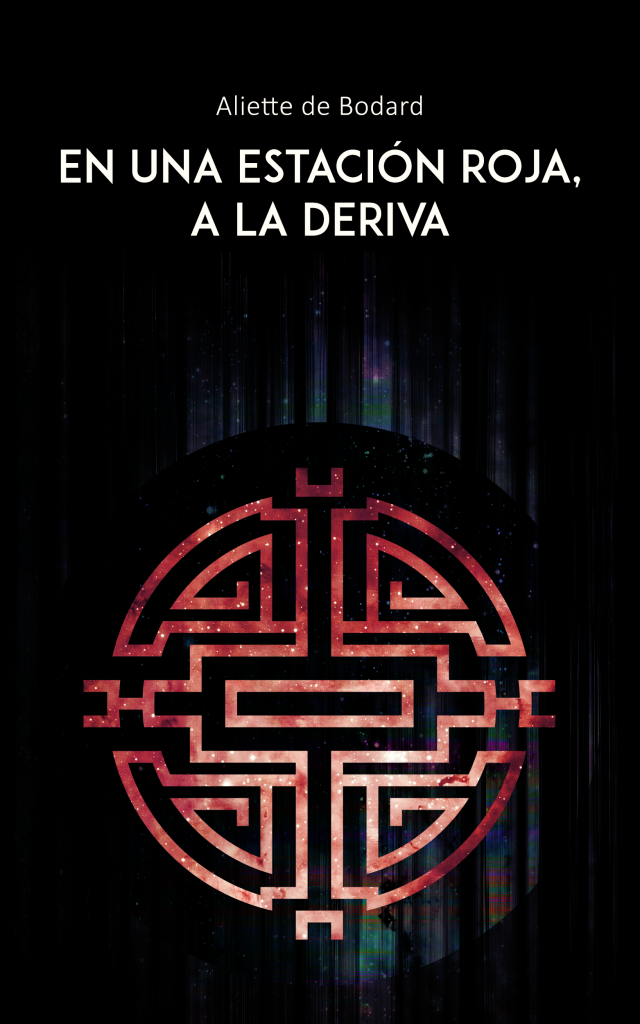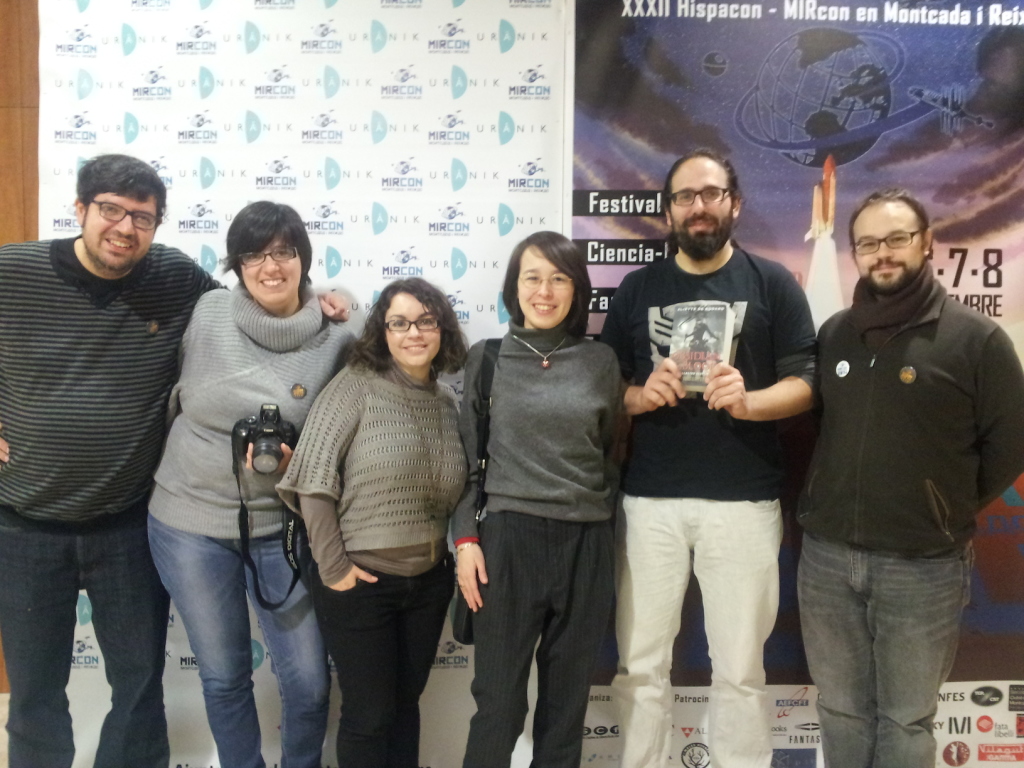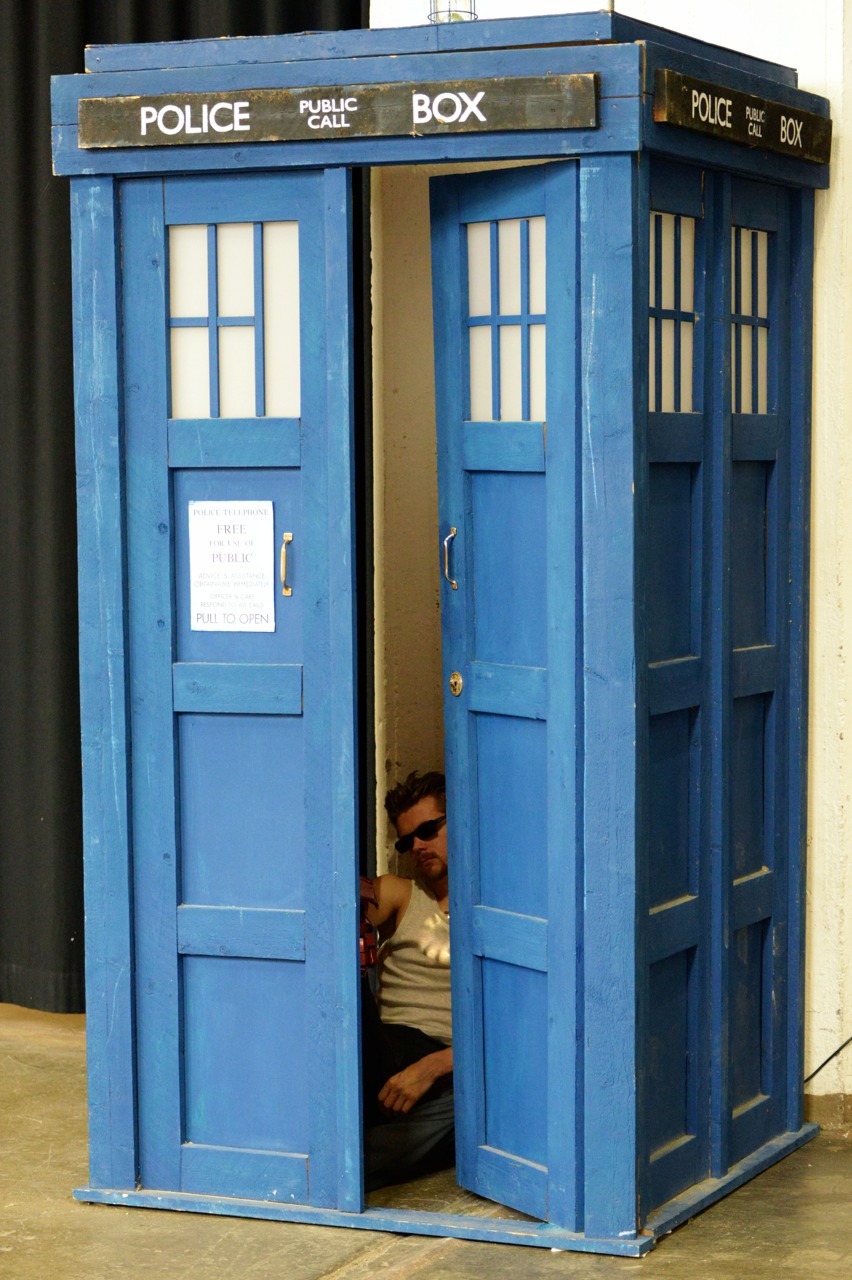MIRcon GoH speech: Xuya, science fiction at the crossroad of cultures

By popular request, the retranscription of my MIRcon GoH speech–there’s nothing much below that’s strikingly new, but it’s the first time I’ve actually put everything together in the same space; and there’s been interest on twitter and other social media on seeing this, so… here goes.
(I’ll skip the disclaimer that I’m going to do this speech in English instead of Spanish :p)
I’m going to focus this speech on Xuya, because of the recent publication in Spanish of El Ciclo de Xuya and En una Estacion Roja, a la Deriva; and because Xuya has been with me for a while–going on for 7 years now, and over a dozen stories!
In many ways, Xuya started because of my relationship with genre–which is a bit of an odd one [1]. I came to SFF in English (I discovered genre while I lived in the UK), but I’m not a “white Anglophone”: English isn’t my native language (that would be French); I live in the West but am not fully Western (my mother is Vietnamese, and Vietnamese culture strongly featured in my upbringing). I grew up in an interesting place, speaking and hearing several languages, and at the confluence of several cultures. When I read classic SF, with its stories of colonisation and conquest of space, I have this persistent feeling that I’m the funky-looking person with the odd customs, and the near-incomprehensible language–the alien rather than the coloniser.
(true story: some years ago, when I was reviewing short fiction for Tangent Online, there were a number of pieces that were so dependent on US/UK culture that I didn’t understand what was going on, and where I had to google to get at least an inkling of what the author was getting at–even set in the future, those stories depended, for instance, on current US politics and current societal concerns; stuff that was just bewilderingly mysterious to me. And, to date, I’m still pretty sure there’s stuff I entirely missed )
What I was trying to do with Xuya was to write the sort of thing that I wanted to read: a universe based on stuff that was familiar to me; and also a universe with very different cultures in presence. The basic idea of Xuya is that China discovers North America ahead of Europe, enabling the survival of some of the pre-Columbian empires–and creating a 20th-Century where North America is split between the Aztecs (Mexica Dominion), the Chinese (ex-colony of Xuya, now independent), and the United States (a much smaller and much poorer version). Further on, Xuya is about a space age where Asian cultures are dominant; and in particular, East Asian cultures (I’m putting Vietnam into East Asia because of the common points with Chinese culture that put it in a very different situation compared with the other SEA countries; but I’m aware it’s not the “official” classification).
Xuya, then, is about the interaction of different cultures with different values–because every culture has its mindset. I’ve ranted at length about this, but there’s a prevalent attitude that some stories are “universal”; and that it’s this universality that makes their success possible: works like Harry Potter or the Hunger Games have such wide impact because they tell a story that everyone can recognise and identify with.
To put it bluntly: I disagree. There is one universal story, and it is that we are human. We are born, we live, we die. We are social animals: we create bonds with other people; we have families and friends. We love, we fear, we hate. But there are nuances; and to erase such nuances is a grave mistake. To take just one example: there is a vast difference in mindset between a 15th-Century Vietnamese and a 21st-Century French. On the one hand, you have someone who values literature and education very highly because they’re the path to success as a government official; who worships their ancestors and would be ready to die for their parents; who believes that a career as a government official is the highest form of worldly success one can attain. We can argue about the value of education in the current French way of thinking, but it’s no longer believed that you have to know literature and be able to write good poetry in order to succeed in life. Similarly, the young are, by and large, not going to die for the old (they’re more likely to criticise or ignore the old).
What I wanted to do was to create a culture with a different mindset, without falling into clichés (the mystical Asians, the bloody-minded Aztecs). To my mind, that is the hardest thing to do, because, well. Assumptions are a bit like the air you breathe: they are incredibly hard to leave behind or objectively catalogue and study. You are born with them; bathed with them from a very early age; and they are continually reinforced at every moment of your life through the media, through your interactions with other people. Every movie you see, every news report you listen to, every conversation you have reinforces them–and you’re often unaware that you have such assumptions at all. And yet… societies different from ours would have a radically different mindset from ours, and I feel like this needs to be taken into account. Note that I’m not saying all SFF has to do this. There are plenty of excellent books where the society isn’t the focus; and that’s not a problem. But it’s what I want to do with my fiction. I want to write stories like Le Guin’s The Left Hand of Darkness and “Coming of Age in Karhide”, where a change in sexual mores results in profound societal impact that affects everything from families to politics; or like Kate Elliott’s Spiritwalker trilogy, where Carthage never fell, and the resulting society is recognisably different from ours.
I wanted to show China/Vietnam/Mexica as vibrant cultures beyond the stereotypes–as cultures that lived, breathed; and changed. Because cultures change, too; because nothing remains static–and yet not every culture follows the Western notion of “progress”, the peculiar blend of consumerism and science we have achieved in our 21st Century societies. To take just a few examples: the Mexica religion in Xuya has modernised, but it hasn’t become a copy-paste of Christianity. It did drop the mass sacrifices, and replaced them with a focus on bloodletting and penance. It’s also remained dominant in society (again, unlike Christianity); and an enthusiastic patron of the sciences: unlike in our world, where science and religion don’t always happily coexist (to some extent, I suspect, because in the West the worship of religion has been replaced by the worship of science). [2]
What interactions can you have between a culture like China, for whom war is a disgrace, and soldiers eternal inferiors to scholars; and a culture like the Mexica, who believe war underlies everything (and who, in the 21st Century, shift from bloody wars to economical ones)? Between one that takes in all immigrants so long as they conform (change their names, religion and customs); and one that promotes greater diversity between immigrant groups, but has to deal with greater intergroup tension and more overt racism?
Of course, it’s not that simple–and cultures can’t be reduced to easy soundbites. Nor, indeed, are there any easy answers to the questions I ask! But it’s what I try to explore.
Xuya is also about motherhood and families.
The kindest thing you can say about SFF is that it has an abysmal track record on the matter. Families are at best absent from the narrative (beyond the occasional nuclear family); at worst, they’re killed off–and they tend to be seen as a hindrance that you have to get rid of before you can go off on an adventure. There is a tremendously high value being put on being alone and forging one’s own path–which isn’t necessarily a good thing, especially in dangerous environments!
Mothers, too, are often overlooked in SFF. I was part of a panel on SF and motherhood at the 2013 Eastercon: before the panel, I attempted to look for books that would feature mothers as characters in their own right–I even outsourced the question on social media. It was a very short-lived attempt, because the list turned out to be abysmally short to the point of non-existence.
I’m not going to be exclusively negative here, so let me give a positive example of a mother in SFF: Cordelia Naismith in Lois McMaster Bujold’s Vorkosigan series, and Barrayar in particular. Cordelia is a great character with a great amount of resourcefulness; she starts Barrayar pregnant, and gives birth during the novel–she plays a part not only as a mother, but also as a character in her own right. She’s not sidelined or meekly awaiting rescue (or worse, killed off): she plays a significant part in the rescue of her child, and in the subsequent civil war.
And, hum, the negative example. I’ll start with the disclaimer that I’m a big Star Wars fan, and that it was one of the major things that led me to genre. With that out of the way, I’ll tackle the thorny problem of the prequels; and in particular, of Amidala, who essentially dies in childbirth at the end of episode III. (yeah yeah I know the script says she “lost the will to live” or some such crap. I think it’s called postpartum depression. And incidentally, motherhood is the major mortality cause for women–any culture that has spaceships and is still not capable of birthing twins without losing the mother has got a serious priority problem). But it’s not only the mother of Luke and Leia who dies: episode IV then basically does it all over again, by killing off both sets of adoptive parents. If you think about it, the subtext is really quite nasty.
I wrote the Xuya space cycle to run counter to that narrative: I wanted to write space soap opera, or possibly domestic SF (doesn’t meant there can’t be explosions and other cool things! Just a heightened focus on family). I wanted to write stories with a strong familiar presence; and in particular the presence of an extended family (aunts and uncles and cousins); and how those families would change in a science fiction setting.
The Xuya universe has Minds, artificial intelligences carried in a human womb and subsequently transferred to a ship or space station. Among other things, Minds are designed to be very long-lived (if you’re going to go to all that trouble of implanting into a human womb and monitoring the pregnancy, you might as well go for long-lived and save yourself some work).
Among the subjects I wanted to tackle was that of different life-spans and their effect on family life: how do you deal with sibling rivalry when they both have radically different set of expectations? How do you live with a great-aunt who has been around for centuries, and who not only has known your great-greatparents, but will also be around when your grandchildren are adults? What happens when she vanishes or dies? How do you grieve? What do you do when your ancestors don’t die, but can be run as simulations in your own mind? What happens in a culture where knowledge (and in particular, the knowledge held by your ancestors) is crucial? What kind of advantages or inheritance can you give your children?
Of course, family is both a stricture and a comfort: I try to focus more on the comfort side of things because I feel it’s underplayed in SFF, but there are familial obligations–and On a Red Station, Drifting in particular focuses on family honour; on how to deal with relatives you might have absolutely no liking for, but that you are still duty bound to protect–what is your duty to your family, and how far are you prepared to go to follow it?
Another theme of the Xuya universe is war, and families in times of war. My personal preference is to show war, not from the point of view of the soldiers, but from those of the civilians who are deeply affected, yet powerless. War is, by nature, a time of difficult decisions–and those decisions are amplified by the presence of families. Who do you rescue if you can’t rescue everyone? When do you flee? When do you make a stand? When you become a refugee, how much do you give up, and how many moral principles are you wiling to compromise on in order to survive?
Again–those are hard questions, and I don’t have glib answers to them (or answers, period!). But those are themes I try to explore in the Xuyan stories; and to deal with through the lens of a different universe with very different expectations.
Thats why I write Xuya–thank you for making it this far, and I hope you enjoy the stories 🙂
[1]Pretty sure plenty of other people have odd relationship with genre 🙂
[2]Not saying there’s systematic antagonism between religion and science today (in particular, various denominations of Christianity have various approaches and strike a different balance)



